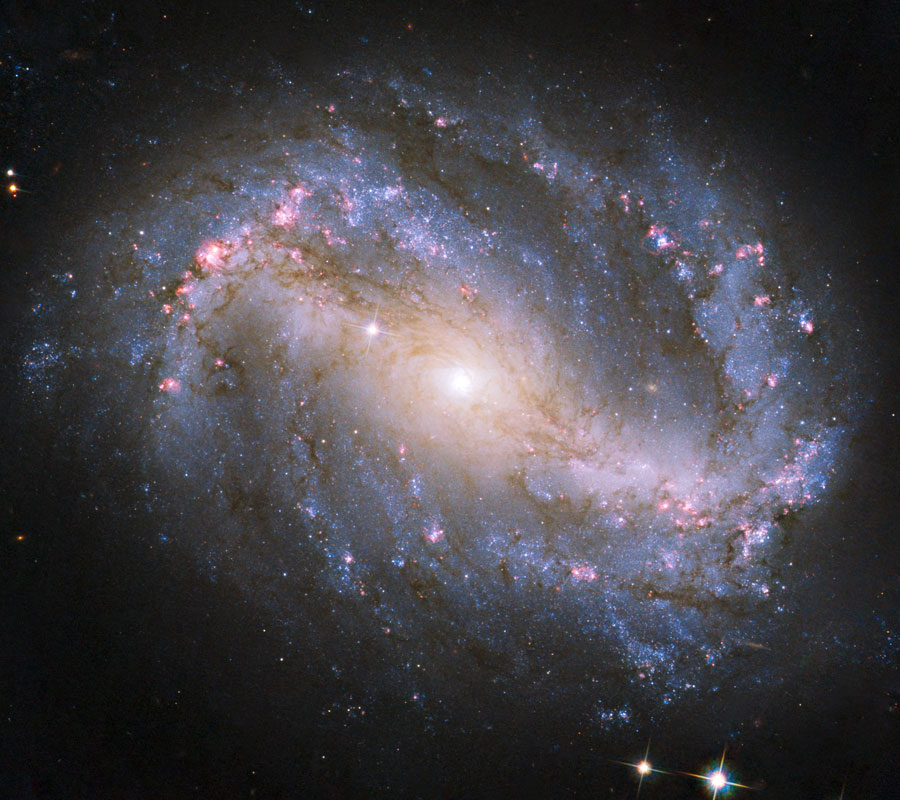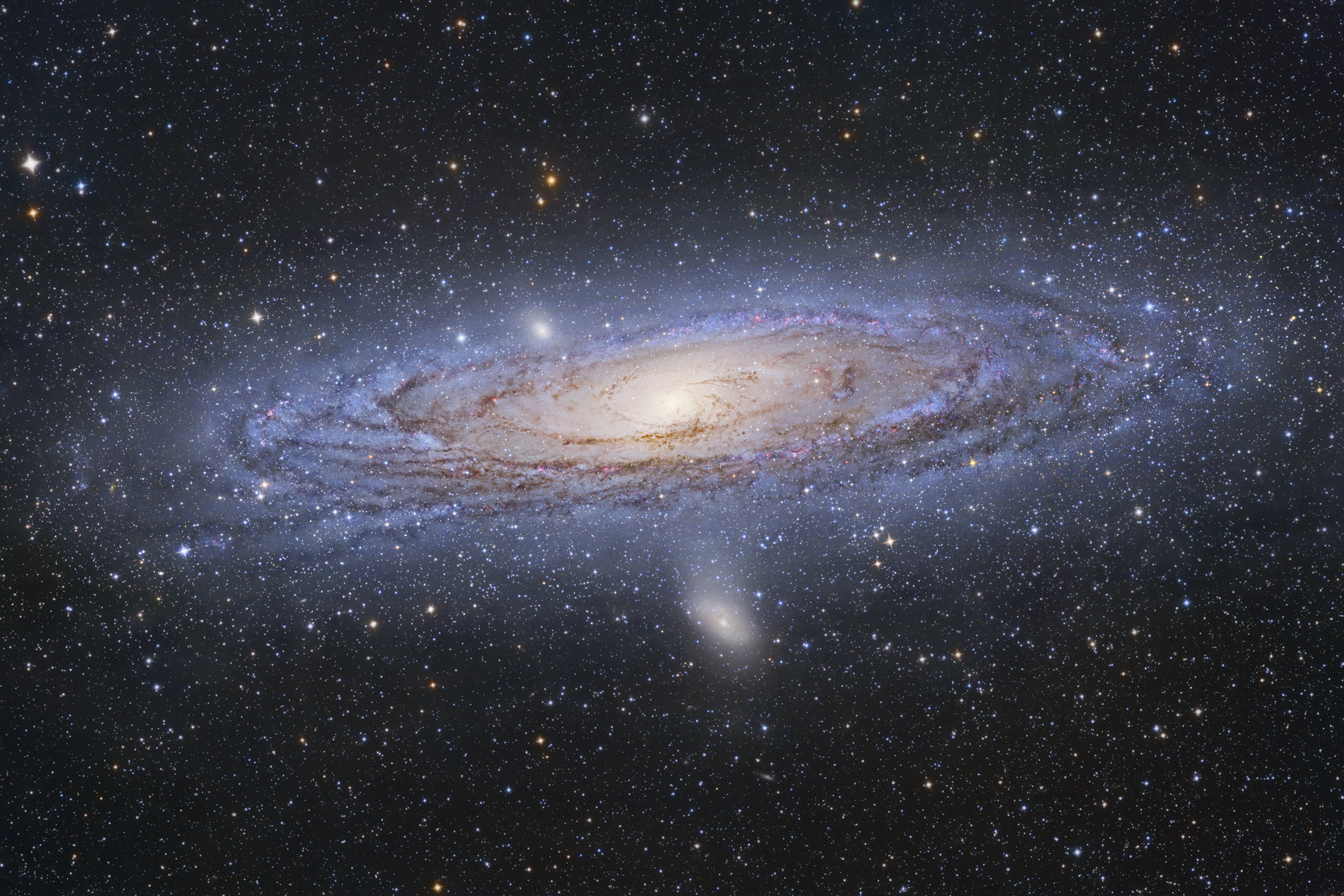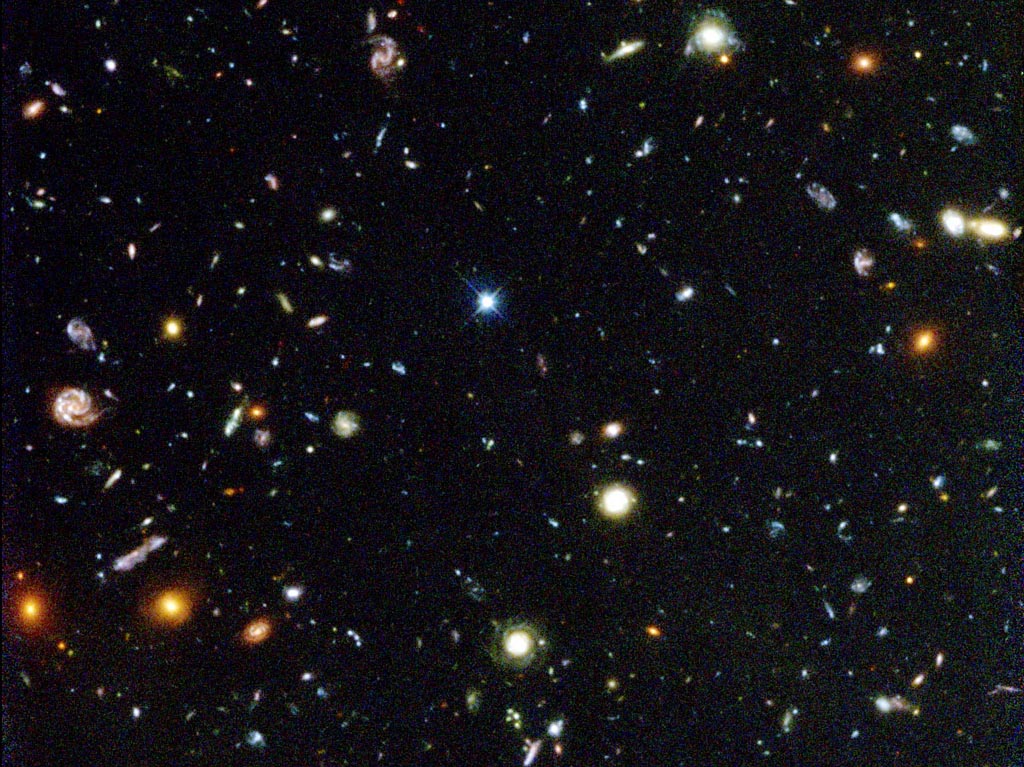I know we disagree on most everything, and these days virtually every one of us, whether we're liberal and conservative, feels like the other side has either 1) been grossly misled by our respective, biased media outlets, or 2) harbors deep antipathy towards the country or to some of the people in it who are not like us. So we have this vast political chasm between us, and it seems hopeless to bridge the gap. We all acknowledge that this is a sorry state of affairs but we just can't fix it. Even so, we remain friends and family, we love each other and we respect each other. We're not going to give up most of our firmly held political views, but we can attempt to listen to each other, trust that our friends and family aren't bad people or stupid people, and every now and then consider that our side maybe has it wrong on something. I certainly do that.
There are many political debates upon which there can be reasonable disagreement. But there can no longer be any rational defense of the position denying that the Earth is warming and that we are causing it. We can debate what is to be done about this situation, but that fact is simply undeniable. Anyone in public office or in the media who says otherwise is either willfully ignorant of the facts or is misleading the public in a way that I believe is truly criminal. And the motive for this could not be more clear: they are either shills for the corporations who fund their campaigns / television programs, or they are pandering to their constituents whose lives currently depend on the fossil fuel industry. While the latter is at least somewhat in line with their duties, the former is simply reprehensible.
We can and should debate the best way to go about mitigating the problem, to do it in a way that strengthens the economy and supports those who must transition to a new line of work. But that requires we all first acknowledge that there is a real problem that must be solved. And once we've done that, we have to keep our eyes on the big picture; transitioning to a clean fuel economy will take some adjustment, no doubt. But so much is at stake. Mass extinctions, permanently flooded cities here and around the world, enormously destructive storms, severe drought and wildfires, radical ecological transformations, major economic upheaval. It's all happening right now.
Under the two party system there can be any number of policy issues on which a partisan can disagree with his or her party. And so there must be Republicans out there who believe global warming is a real threat and want their politicians to stop denying science. Republicans now hold all the power in Washington, so it's up to those inside the party to stand up and do what's right. If you are a Republican who knows the party is wrong on this issue, I beg you to work from within to end this dreary charade.
And to those of you who do not yet believe in global warming -- because it will become even more apparent in the years to come -- I humbly ask that you look again at the weight of the evidence and reconsider your position. Just consider the possibility that it isn't a vast left wing conspiracy, that there are real people (scientists) who do their job diligently and faithfully follow the data wherever it leads. Consider the possibility that Sean Hannity and Jim Inhofe and Scott Pruitt have more to gain from lying to you than The Weather Channel does. Consider the possibility that we are perpetuating an environmental disaster that will make us all pariahs in the eyes of our children and grandchildren.
We have just one planet to call home, to cherish from now until the extinction of our species. I pray that we have an ocean of time ahead for us. Let us be good stewards of this lovely world while it is ours to protect. Please.

















